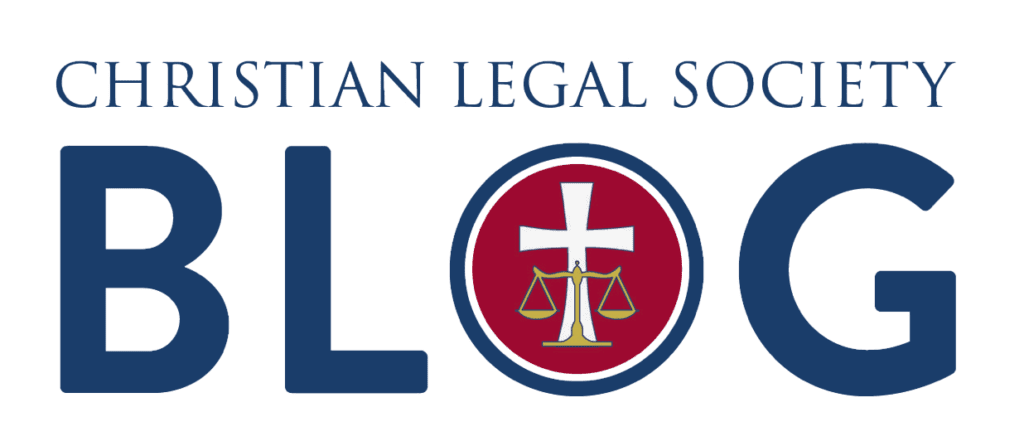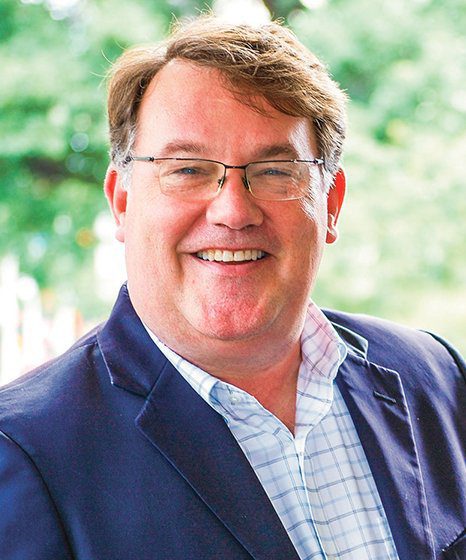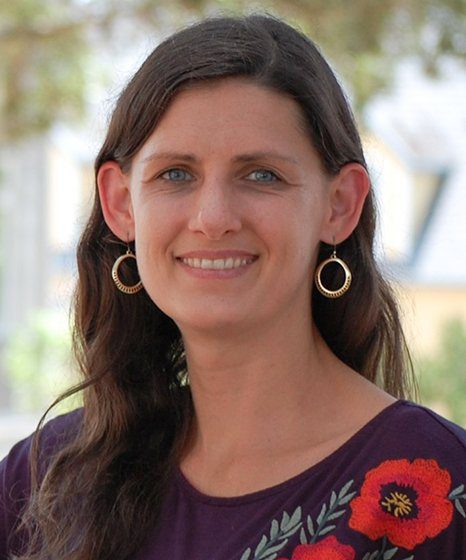
Reed Smith

Long before the first presidential debate, bad things happened in Philadelphia. Bad things were already happening in Philadelphia in 2018, when the City of Philadelphia ended its relationship with Catholic Social Services (“CSS”). The Catholic Church had been providing adoption services in Philadelphia for over 200 years. However, the City ended the relationship after news reports indicated that CSS does not screen same-sex couples for prospective foster parenting because such placements would run counter to its religious convictions. Notably, CSS was one of thirty adoption agencies working with Philadelphia. There is no indication that any same-sex couple was denied access to foster parenting because of CSS’s beliefs; indeed, there is no record that any same-sex couple has ever asked CSS to screen them for prospective foster parenting. In contrast, Philadelphia has a major need for adoption agencies and has put out numerous “urgent” requests for foster families. Regardless, the City of Philadelphia discontinued its relationship with CSS, making its continued participation in foster placements illegal. Children in need of foster families are made to suffer because of the City’s disagreement with CSS’s religious convictions. The Supreme Court will decide whether the City of Philadelphia violated CSS’s religious rights by making their religious mission of placing foster children in loving homes illegal.
More importantly, the Supreme Court will decide how future Free Exercise Clause cases will be decided. Under the Supreme Court’s decision thirty years ago in Employment Division v. Smith, a law generally does not violate the Free Exercise Clause if it is neutral and generally applicable, that is, unless a government action specifically singles out religious activity or doctrine for restriction. Such a law can generally require religious people and organizations to violate their religious convictions as long as it requires the same behavior from people who do not share those religious convictions.
However, the Smith rule fundamentally misunderstands religious freedom. Congress recognized this and shortly after the Smith decision passed the Religious Freedom Restoration Act (RFRA) with strong bipartisan support, and President Clinton signed it into law. Under RFRA, any government act that substantially burdens religious exercise must be the least restrictive means of furthering a compelling government interest. However, the Supreme Court has held that RFRA only applies to federal government actions, not state actions, like Philadelphia’s refusal to contract with CSS because of its religious beliefs.
As Christian Legal Society noted in its amicus brief in Fulton, the Free Exercise Clause has historically been understood to recognize the importance of religious conscience and to grant exemptions to laws where religious conscience would be violated. As far back as the American revolution, George Washington excepted “those with conscientious scruples against the war” from conscription. This country would incorporate such religious protections into its governing documents. James Madison, considered the architect of the First Amendment’s Religion Clauses, wrote that “[t]he Religion then of every man must be left to the conviction and conscience of every man; and it is the right of every man to exercise it as these may dictate.” These principles generally animated Free Exercise jurisprudence through the country’s first two centuries. Smith change Free Exercise jurisprudence despite no party asking for such a change. It is time for the Court to restore the religious liberty guaranteed by the First Amendment’s Free Exercise Clause as understood by the Founders.
As CSS can attest, bad things happen in Philadelphia. Christian Legal Society is hopeful that the Court will use this opportunity to address the wrongs not only committed against CSS in Philadelphia, but also against people of all faiths by city and state governments across the country. The nation will have its eyes on Washington DC on November 3rd, but what happens on November 4th may have an enormous impact on religious liberty going forward.

Mike Schutt
Director, CLS Law School Fellows

Alanna Walker
Grants Coordinator

Michelle Williams
Law Student Ministries Coordinator
GET UPDATES
The views expressed on the CLS Blog are the views of the individual authors and do not necessarily reflect the positions of Christian Legal Society.
The purpose of the CLS Blog is to generate discussion with a free exchange of ideas and opinions.
▦ |CLS - Christian Legal Society © 2025|














































